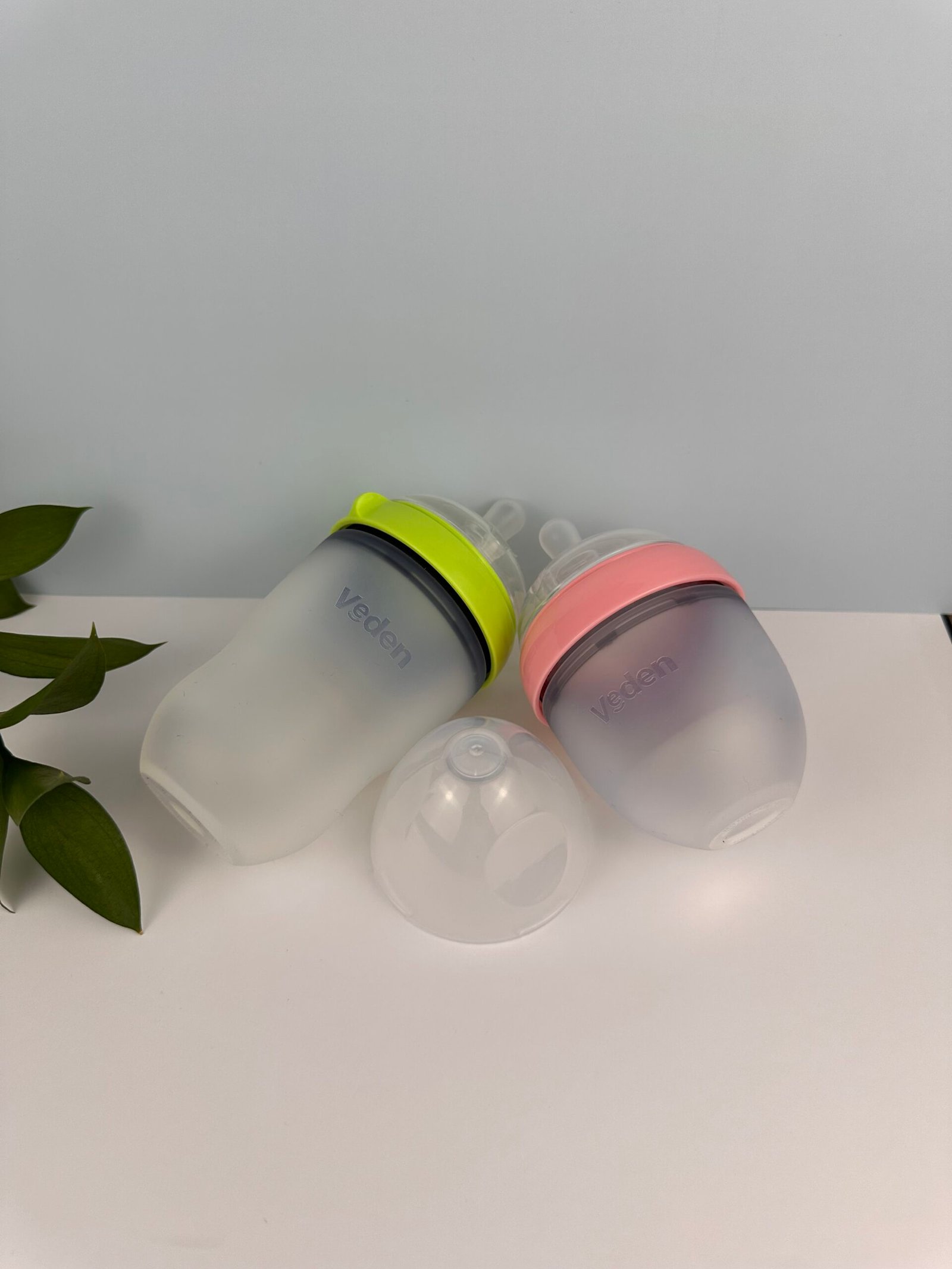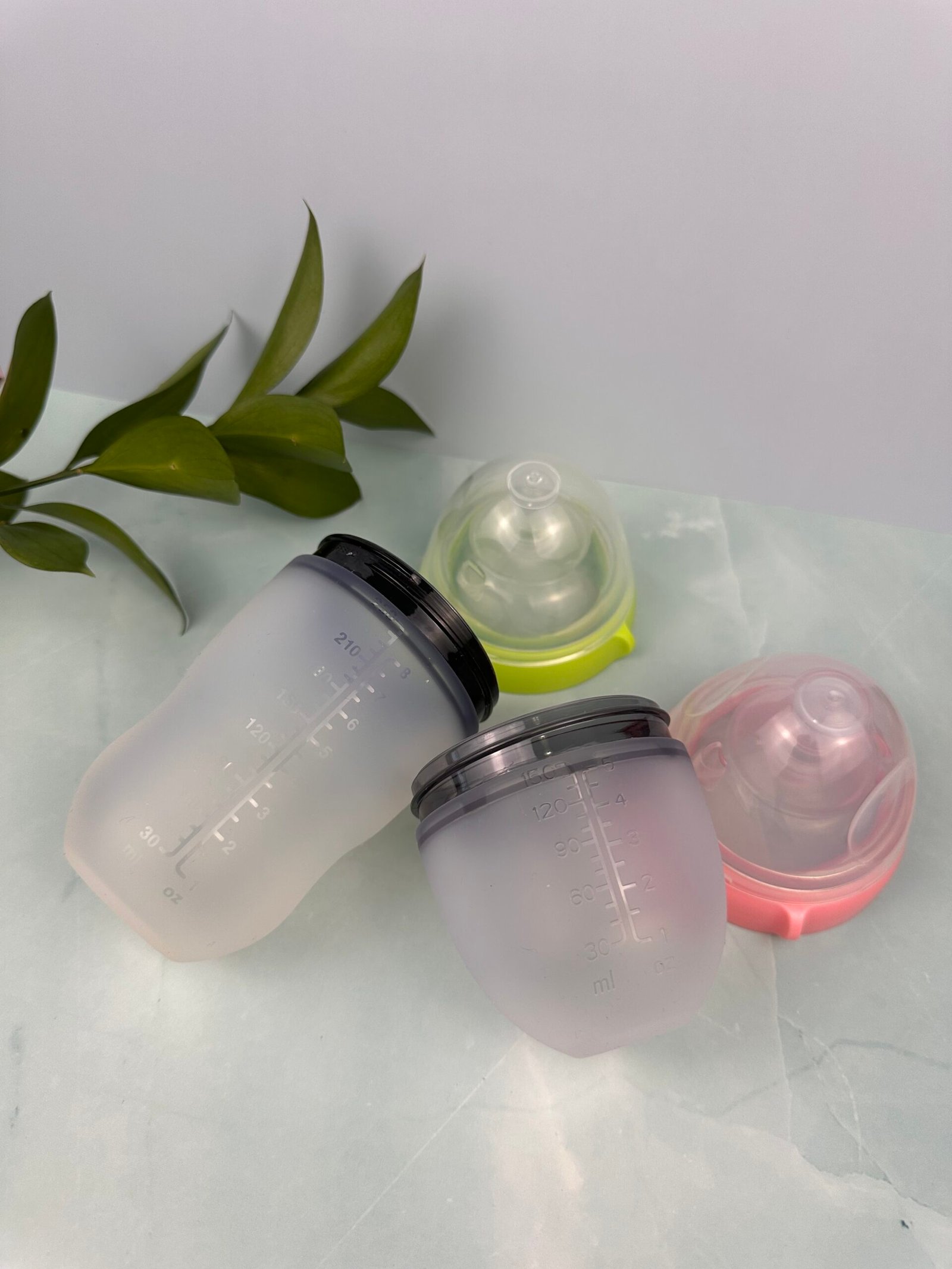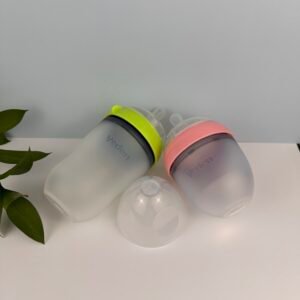Benefits of Silicone Baby Bottles
Silicone baby bottles have gained popularity in recent years due to their numerous advantages over traditional plastic or glass models. One of the main characteristics of silicone is its resistance to a wide range of temperatures, allowing milk or formula to be heated directly in the microwave without the risk of the material deforming or releasing harmful substances. This makes silicone baby bottles a convenient and safe option for parents who want to avoid the extra time of heating the formula in another container before transferring it to the bottle.
The durability of silicone baby bottles is another significant advantage. Unlike glass, which can easily break, or plastic, which can crack or deteriorate over time, silicone baby bottles are highly resistant to drops and knocks. This translates into a smarter investment in the long run, as parents will not have to replace these bottles frequently. The increased longevity of silicone baby bottles can also contribute to waste reduction, which is beneficial for both the environment and the family budget.
In addition, hygiene is a crucial factor when it comes to baby feeding. Silicone baby bottles are easy to clean, as their material resists stains and accumulated odors. This reduces the chance of bacteria or germs developing, providing a safer and healthier option for little ones. The combination of ease of use, safety, and durability that silicone baby bottles offer makes them an ideal choice for families looking for effective and reliable options for feeding their babies.
Comparison Between Silicone, Plastic, and Glass Baby Bottles
Choosing the right baby bottle is critical for feeding a baby, and one of the first factors to consider is the material it is made of. There are three types of materials that are commonly used: silicone, plastic, and glass. Each of them has advantages and disadvantages that should be carefully analyzed.
Plastic baby bottles are the most popular due to their light weight and affordable cost. However, they do pose a potential risk as some plastics may contain bisphenols and phthalates, chemicals that have been linked to health problems. Even though many manufacturers offer plastic bottles free of these substances, it is important to check the labels. Still, their ease of handling makes them attractive to parents on the go.
In contrast, glass baby bottles are a safe choice as they do not contain harmful chemicals. They are also easier to clean and do not retain odors or flavors. However, their added weight and risk of breakage can be significant drawbacks. Glass baby bottles are great for the home, but using them outside the home can be inconvenient.
Lastly, silicone baby bottles have gained popularity in recent years. They are extremely durable, lightweight, and use a flexible material that can withstand drops without breaking. They are also considered safer than plastic ones as they do not contain harmful chemicals. In terms of cost, while they may be more expensive initially, their durability can make them a favorable investment in the long run.
In conclusion, the choice of material for your baby’s bottle will depend on your needs and personal preference, considering factors such as safety, environmental impact, and practicality in daily use.





Reviews
There are no reviews yet.